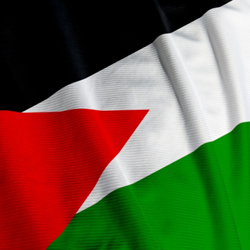Bringing Palestine into the ERA
Officials from both Europe and Palestine argue that Palestine should be part of the European Research Area (ERA), with facilitated cooperation promising benefits for both sides. The EU-funded project, 'Palestine for European Research Area' (PERA) sought to make this a reality. Comprised of four members, the PERA consortium worked to help Palestinians through the introduction of new technologies in water treatment and renewable energies. The mechanism for achieving this was an upgrade of the Palestine Technical University - Kadoorie (PTUK). The particular focus was on applied sciences and engineering. Skills transfer from the project's other three partners allowed improved coordination between policy, research and business in Palestine. Research interaction will also permit greater Palestinian participation in the Seventh Framework Programme (FP7), especially energy and water programmes. The project ran for 30 months to September 2013, and achieved all targets. An analysis of all Palestinian national water and energy policies enabled a fine-tuning of PTUK research to focus on national priorities, and yielded improved capacity to coordinate with stakeholders. Additionally, the consortium built the capacity of PTUK through training initiatives for its staff at the European partners' premises. The cooperation helped familiarise researchers with the latest applicable technologies. Capacity-building seminars focused on the EU FPs and what Palestinian researchers need to know. The transfer of knowledge to PTUK helped it become the FP7 Environmental National Contact Point in Palestine. Additional points of achievement for PERA included the design of a PTUK research strategy plan and good participation of Palestinian researchers in network building. The project disseminated its research findings at various events. PERA, by building the capacity of the PTUK, has helped Palestine address two of its most important social problems: scarcity of water and energy resources. The resulting new technologies will benefit Palestinian society.
Keywords
Palestine, applied sciences, engineering, training, renewable energy, water treatment, collaborative research

